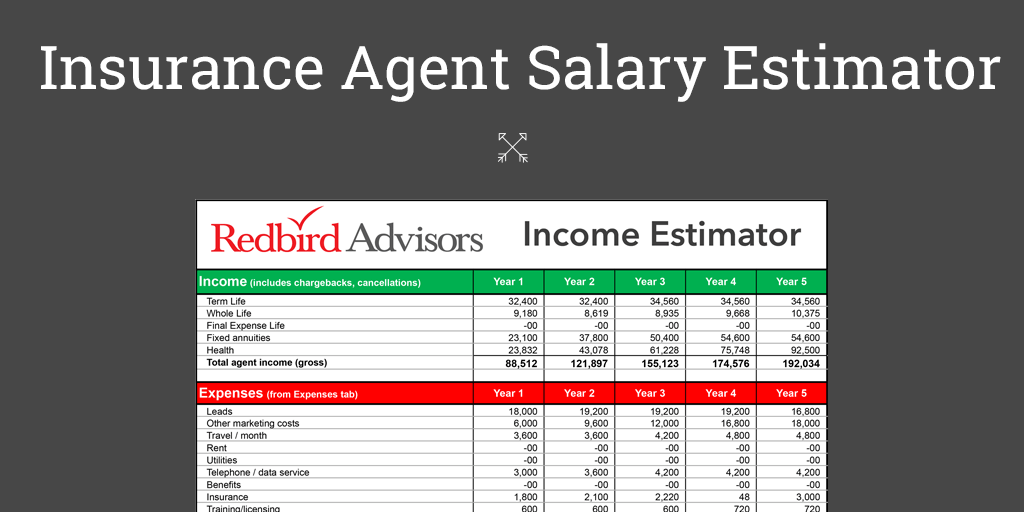Here's what you can expect to make at each level, assuming you are at one of the leading financial investment banks (i. e. Goldman Sachs, Morgan Stanley, J.P. Morgan): Investment Banking Analysts are normally 21-24 years of ages with a Bachelor's degree from https://www.bintelligence.com/blog/2020/4/20/52-names-leading-the-way-in-customer-service a leading university. Banks employ analysts straight out of undergraduate programs.
The compensation is generally structured in the kind of a finalizing benefit + base salary + year-end perk. Leading analysts work for 2-3 years and after that get promoted to Associate. Investment Banking Associates are usually 25-30 years of ages. They're either promoted from Experts or MBAs employed from organization schools. Associates are accountable for handling Analysts and inspecting Analysts' work.
Leading performing Associates typically work for 3-4 years and then get promoted to Vice President. Investment Banking Vice Presidents are generally those who have prior investment banking Expert or Associate experiences. They're typically 28-35 years of ages. They are accountable for overseeing the work streams, thinking through what work is required to be done and making certain they're done properly and on time by the Experts and Associates. By and large, ending up being a bank branch supervisor or loan officer does not require an MBA (though a four-year degree is typically a prerequisite). Also, the hours are routine, the travel is minimal and the day-to-day pressure is much less extreme. In terms of attainability, these tasks score well. Wall Street employees can generally be classified into 3 groups - those who mostly work behind the scenes to keep the operation running (consisting of compliance officers, IT specialists, supervisors and so forth), those who actively offer financial services on a commission basis and those who are paid on more of an income plus bonus structure.

Compliance officers and IT managers can quickly make anywhere from $54,000 into the low six figures, again, typically without top-flight MBAs, but these are tasks that need years of experience. The hours are typically not as good as in the non-Wall Street economic sector and the pressure can be intense (pity the bad IT expert if a crucial trading https://www.businesswire.com/news/home/20191008005127/en/Wesley-Financial-Group-Relieves-375-Consumers-6.7 system goes down).
Excitement About How Much Money Can You Make With An Accounting And Finance Degree
Oftentimes there is an aspect of reality to the pitches that recruiters/hiring managers will make to candidates - the earnings capacity is limited only by ability and desire to work. The biggest group of commission-earners on Wall Street is stock brokers. A good broker with a high-quality contact list at a strong firm can quickly make over $100,000 a year (and often into the countless dollars), in a task where the broker quite much decides the hours that she or he will work (how much money can a physicist make in finance).
However there's a catch. Although brokerages will often help brand-new brokers by giving them starter accounts and contact lists, and paying them a wage initially, that wage is deducted from commissions and there are no assurances of success. While those brokers who can combine exceptional marketing skills with solid monetary guidance can make excellent amounts, brokers who can't do both (or either) might find themselves out of work in a month or 2, or even forced to pay back the "wage" that the brokerage advanced to them if they didn't make enough in commissions.
In this category are those ultra-earners who can bring home millions (and even billions) in the fattest of the great years. A typical style throughout these tasks is that the yearly benefits make up a big (if not commanding) percentage of an overall year's settlement - how to make money with a finance degree. An annual salary of $50,000 to $100,000 (or more) is hardly starvation incomes, however rewards for sell-side analysts, sales representatives and traders can go into the seven figures.
When it comes down to it, sell-side junior analysts often make between $50,000 and $100,000 (and more at larger companies), while the senior analysts often routinely take home $200,000 or more. Buy-side analysts tend to have less year-to-year variability. Traders and sales associates can make more - closer to $200,000 - but their base incomes are often smaller, they can see substantial annual variability and they are amongst the very first employees to be fired when times get tough or efficiency isn't up to snuff.
About How Much Money Do You Actually Make In A Finance Internship
Wall Street's highest-paid employees typically needed to prove themselves by entering into (and through) top-flight universities and MBA programs, and then proving themselves by working outrageous hours under requiring conditions. What's more, today's hero is tomorrow's absolutely no - fat wages (and the tasks themselves) can vanish in a flash if the next year's efficiency is poor.
Finance tasks are a great method to rake in the big bucks. That's the stereotype, at least. It is true that there's money to be made in finance. But which positions really earn the most cash? In order to find out, LinkedIn supplied Service Insider with data collected through the website's wage tool, which asks confirmed members to submit their salary and gathers data on incomes.

C-suite titles were nixed from the search. how finance manager make money. LinkedIn calculated median base incomes, along with typical total wages, that included additional compensation like annual bonus offers, sign-on benefits, stock options, and commission. Unsurprisingly, the majority of the gigs that made it were senior roles. These 15 positions all make a typical base pay of a minimum of $100,000 a year.